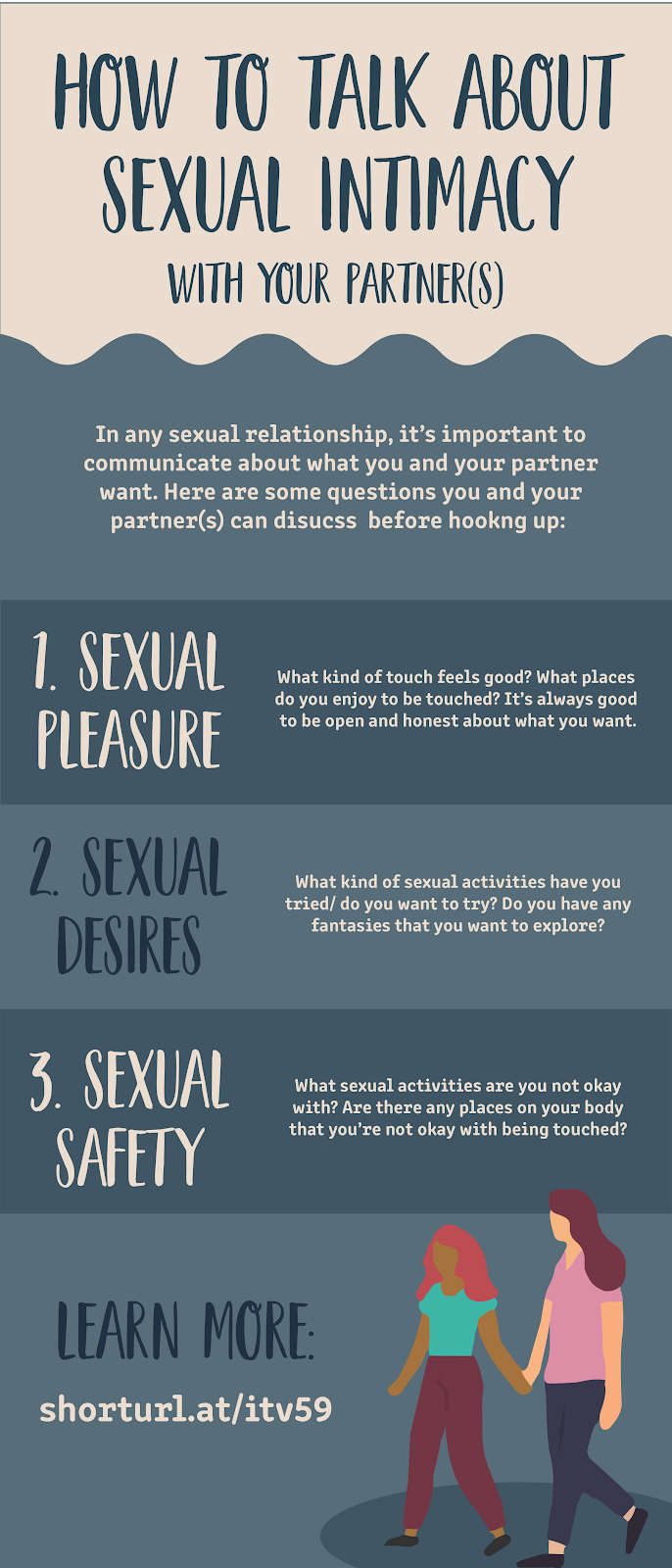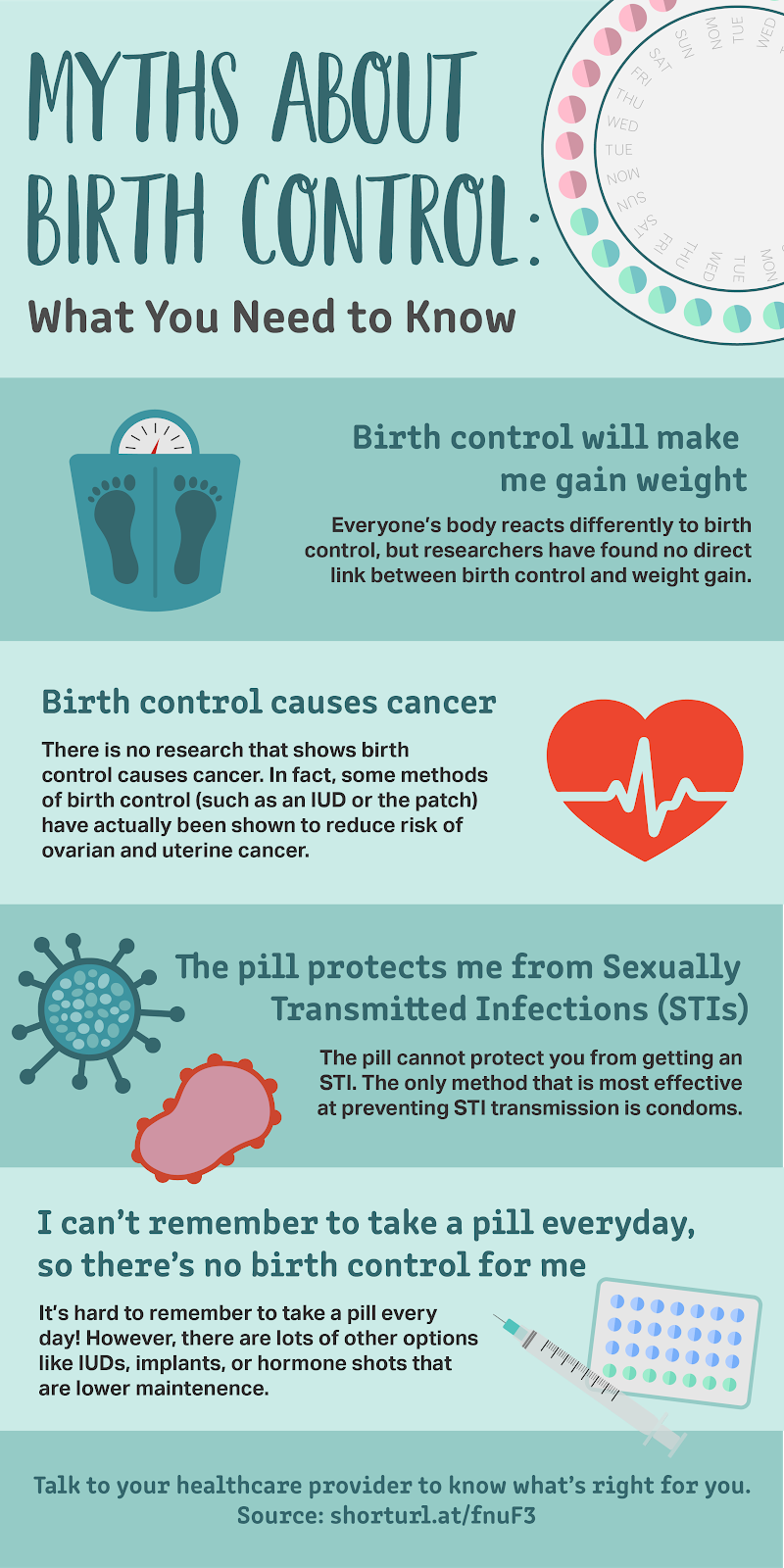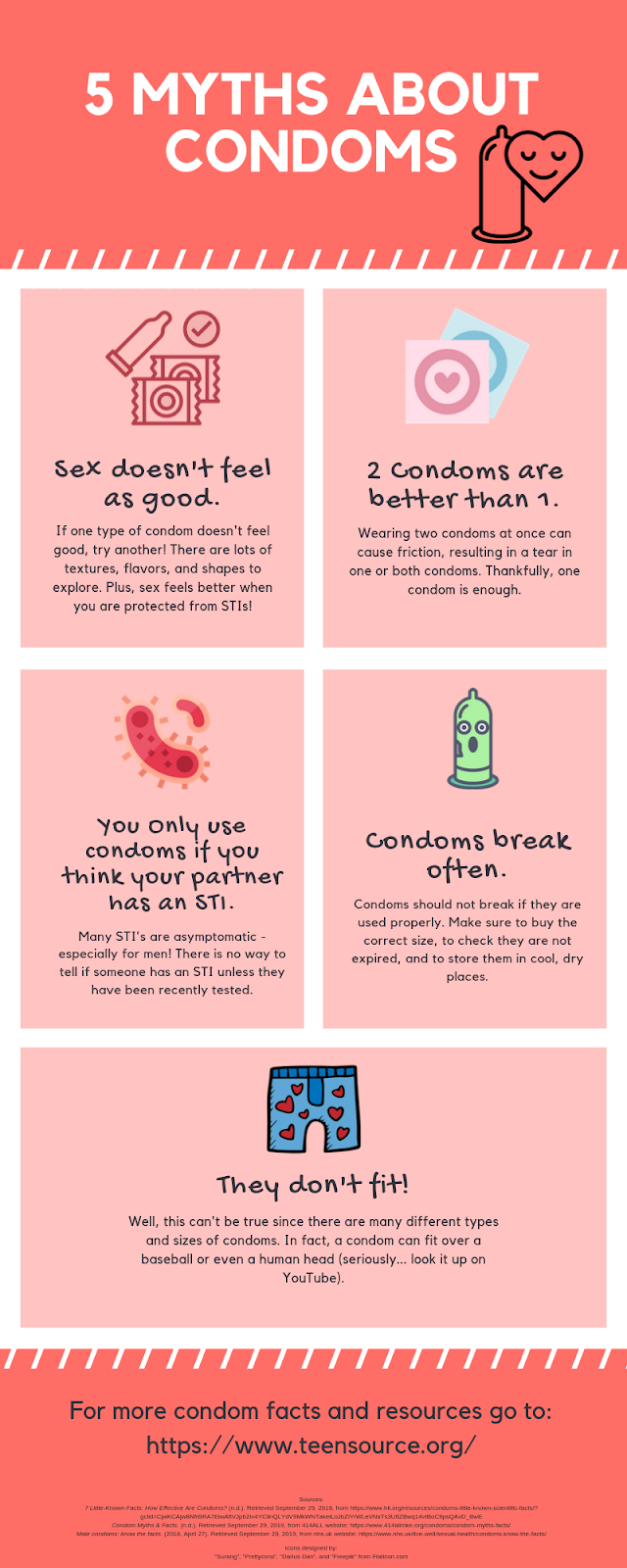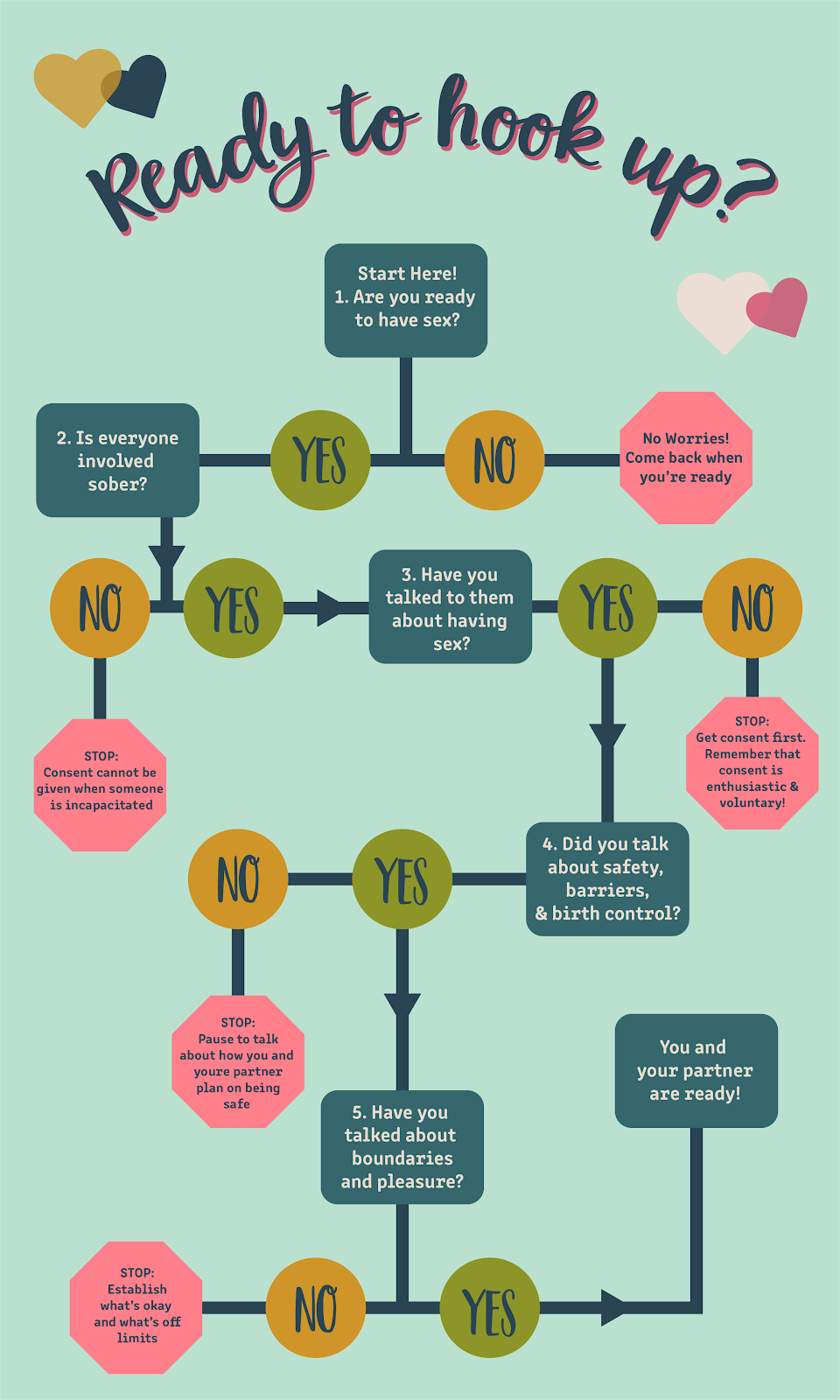Sexual Intimacy & Communication
Why talk about sex?
In any sexual relationship- whether it be a long-term partner or just one night- it’s important to have open and honest conversations about sex, safety, and expectations. Communication candidly is the best way to have a fun and healthy sexual experience with your partner(s). Talking about sex and consent can feel a little awkward or comfortable at first, but it’s a very important step in any relationship.
Below are some conversation starters for sexual health:
- First, you can start by talking about what you and your partner’s expectations for the relationship are. Will you be monogamous or non-monogamous? Will the relationship be sexual or nonsexual? Committed or casual?
- It’s also important to talk about sexually transmitted infections (STIs). You should ask your partner about when the last time they got tested was, what the results were, and their history with STIs.
- Next, if applicable, you and your partner can discuss birth control options. Are you or your partner on birth control? What kinds of birth control methods are you open to using?
Talking to a partner about sexual intimacy
After you establish what precautions you’ll take for your physical health, next you can talk about intimacy and pleasure.
In terms of sexual pleasure, ask your partner about what kinds of sexual activities they would like to try, and what’s off limits. What parts of their body do they want touched, and what parts are not okay to touch? You can also talk about sexual fantasies that you and your partner want to explore. Use the graphics below to help guide the conversation with your partner:
These infographics will help navigate through the difficult questions pertaining to sex. Don’t be afraid – your sexual health is very important!




Check out this infographic if you think you’re ready to hook up with a new or existing partner(s)!

References
“AIDSinfo.” US Department of Health and Human Services. (24 Nov. 2019). US National Library of Medicine. (24 Nov. 2019).
<https://aidsinfo.nih.gov/>
“Bi 101.” Bi.org. (2019). Bi.org. (24 Nov. 2019).
“Birth Control Myths.” Nationwide Children’s. (2019). Nationwide Children’s. (25 Nov. 2019).
<https://www.nationwidechildrens.org/specialties/bc4teens/resources/birth-control-myths>
“Chlamydia Basic Fact Sheet.” Centers for Disease Control and Prevention. (23 Jan. 2014). Centers for Disease Control and Prevention. (24
Nov. 2019). <https://www.cdc.gov/std/chlamydia/stdfact-chlamydia.htm>
“Contraception Myths.” Cleveland Clinic. (2019). Cleveland Clinic. (24 Nov. 2019).
<https://my.clevelandclinic.org/health/articles/9137-contraception-myths>
“Gonorrhea.” MayoClinic. (25 Jul. 2019). MayoClinic. (24 Nov. 2019).
<https://www.mayoclinic.org/diseases-conditions/gonorrhea/symptoms-causes/syc-20351774>
“Gonorrhea: Treatment and Care.” Centers for Disease Control and Prevention. (4 Jun. 2015). Centers for Disease Control and Prevention. 24
Nov. 2019). <https://www.cdc.gov/std/gonorrhea/treatment.htm>
“Herpes Fast Facts.” American Sexual Health Association. (2019). American Sexual Health Association. (24 Nov. 2019).
<http://www.ashasexualhealth.org/stdsstis/herpes/fast-facts-and-faqs/>
“HIV.” Centers for Disease Control and Prevention. (12 Nov. 2019). Centers for Disease Control and Prevention. (24 Nov. 2019).
<https://www.cdc.gov/hiv/group/age/youth/index.html>
“HIV Overview.” AIDSinfo. (3 Jul. 2019). US Department of Health and Human Services. (24 Nov. 2019).
<https://aidsinfo.nih.gov/understanding-hiv-aids/fact-sheets/19/45/hiv-aids–the-basics>
“How Do I Talk About Consent?”Planned Parenthood. (2019). Planned Parenthood. (25 Nov. 2019).
<https://www.plannedparenthood.org/learn/sex-and-relationships/sexual-consent/how-do-i-talk-about-consent>
“HPV Infection.” Mayo Clinic. (19 Oct. 2018). Mayo Clinic. (24 Nov. 2019).
<https://www.mayoclinic.org/diseases-conditions/hpv-infection/symptoms-causes/syc-20351596>
“Human Papillomavirus (HPV) is the Most Common Sexually Transmitted Infection in the United States. Some Health Effects Caused by
HPV can be Prevented by the HPV Vaccines.” CDC. (16 Nov. 2017). CDC. (24 Apr. 2019).
<https://www.cdc.gov/std/hpv/stdfact-hpv.htm>
“Mean Girls-Coach Carr ‘Don’t Have Sex.’” Means Girls. (2004). Means Girls. (24 Nov. 2019).
<https://www.youtube.com/watch?v=U5xkxTfVLSA>
Mintz, Laurie. “Sexual Communication: The Bedrock to Make Your Bed Rock.” Psychology Today. (17 Dec. 2017). Psychology Today. (24 Nov.
ock>
“Myths About HIV and AIDS.” Avert. (25 Oct. 2019). Avert. (24 Nov. 2019).
<https://www.avert.org/hiv-transmission-prevention/myths>
“Myths About STIs and Condoms.” FPA. (2019). FPA. (24 Nov. 2019).
<http://www.fpa.org.uk/2016-sexually-transmitted-infections/myths-about-stis-and-condoms>
“Sexually Transmitted Diseases (STDS).” MayoClinic. (29 Oct. 2019). MayoClinic. (24 Nov. 2019).
“Sexually Transmitted Disease Surveillance 2017: Adolescents and Young Adults.” Centers for Disease Control and Prevention. (24 Jul. 2018).
Centers for Disease Control and Prevention. (24 Nov. 2019). <https://www.cdc.gov/std/stats17/adolescents.htm>
“STIs: What You Need to Know.” Kaiser Permanente. (13 Oct. 2019). Kaiser Permanente. (24 Nov. 2019).
<https://www.youtube.com/watch?v=thvWLdyDT4U>
“Talking About Sex.” American Sexual Health Association. (2019). American Sexual Health Association. (24 Nov. 2019).
<http://www.ashasexualhealth.org/sexual-health/talking-about-sex/>
“5 Sex Myths & Their Relationship Implications.” Heartalytics. (5 Apr. 2019). Heartalytics. (24 Nov. 2019).
-advice-expert-relationship-help>
